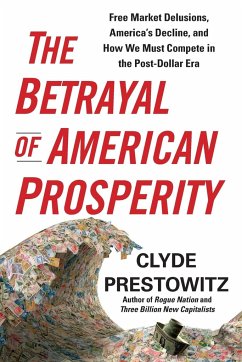The radical who becomes a conservative is a common theme in political history. Perhaps the best-known example in the early twentieth century is Benito Mussolini, who distinguished himself as a rambunctious editor of a socialist newspaper only to emerge later as the ruler of fascist Italy. The politics of betrayal examines why several one-time radicals subsequently became part of the establishment in various countries, including the French anti-militarist Gustave Hervé who transformed into a warmonger, the Belgian Marxist cum Nazi collaborator Hendrik de Man, and the British Labour Party politician Oswald Mosley who eventually founded his own fascist movement. Numerous American Trotskyists and Marxists active from the early decades of the twentieth century onwards later became neo-conservatives, anti-communists or, in some instances, McCarthyists. Some former 1960s radicals, too, subsequently found themselves ensconced in parts of the establishment in various countries, including the former Black Panther Party leader, Eldridge Cleaver, who became a Republican and a born-again Christian, the proponent of guerrilla warfare and revolution, and Régis Debray, ended up as a heavily compromised advisor to a French president. More recently in the early years of the twenty-first century, the muckraking journalist and former Trotskyist Christopher Hitchens joined the neo-conservative camp of George W. Bush's administration following the terrorist infernos of 11 September 2001. How and why do so many radicals betray their cause? What implications does it have for left politics? Were the ex-radicals right to become conservatives? This book, the first of its kind, answers these and more questions.
Hinweis: Dieser Artikel kann nur an eine deutsche Lieferadresse ausgeliefert werden.
Hinweis: Dieser Artikel kann nur an eine deutsche Lieferadresse ausgeliefert werden.








